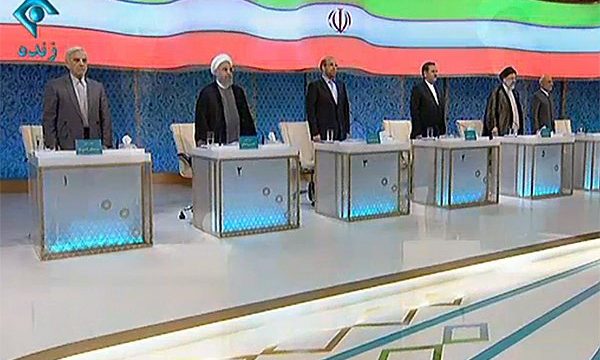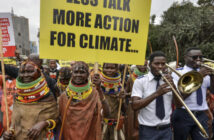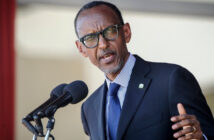Iranians vote today in the country’s first presidential election since its nuclear deal with world powers, as incumbent President Hassan Rouhani faced a staunch challenge from a hard-line opponent over his outreach to the West. Other candidates in election are Ebrahim Raisi, 56-law professor and former prosecutor, Mostafa Hashemitaba, a pro-reform figure who previously ran for president in 2001, and Mostafa Mirsalim, a former culture minister.
The election is largely viewed as a referendum on the 68-year-old cleric’s more moderate policies, which paved the way for the nuclear accord despite opposition from hard-liners.
Economic issues also will be on the minds of Iran’s over 56 million eligible voters as they head to more than 63,000 polling places across the country. The average Iranian has yet to see the benefits of the deal, which saw Iran limit its contested nuclear program in exchange for the lifting of some sanctions.
Supreme Leader Ayatollah Ali Khamenei, the most powerful man in Iran, symbolically cast the election’s first vote and called on Iranians to turn out in huge numbers for the poll.
“Elections are very important and the fate of the country is in the hands of all people,” he said.
Associated Press journalists in Tehran, whose liberal and affluent voters form the bedrock of support for Rouhani, found lines at some precincts much longer than those seen in his 2013 win. Analysts have suggested a high turnout will aid Rouhani in securing a second four-year term.
Rouhani has history on his side in the election. No incumbent president has failed to win re-election since 1981, when Khamenei became president himself. Iranians overseas also will vote in over 300 locations, including 55 in the U.S., where more than 1 million Iranians live.




